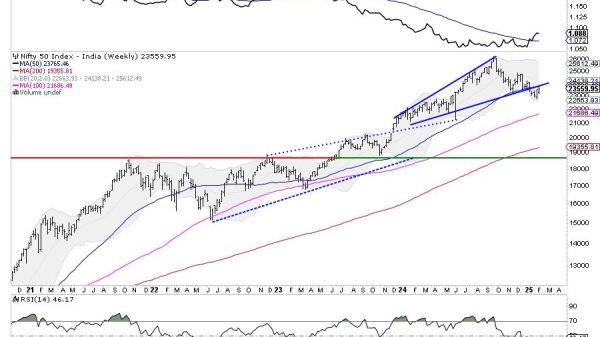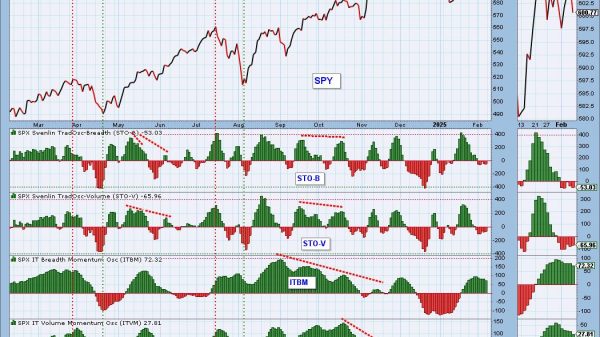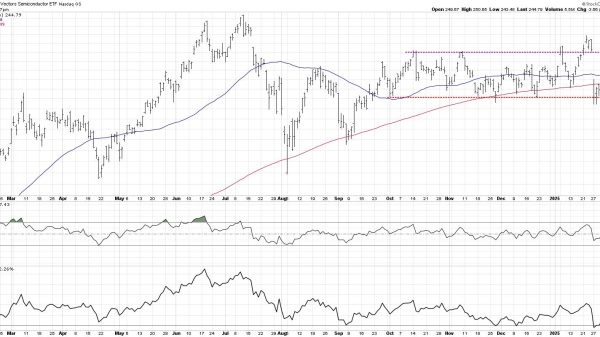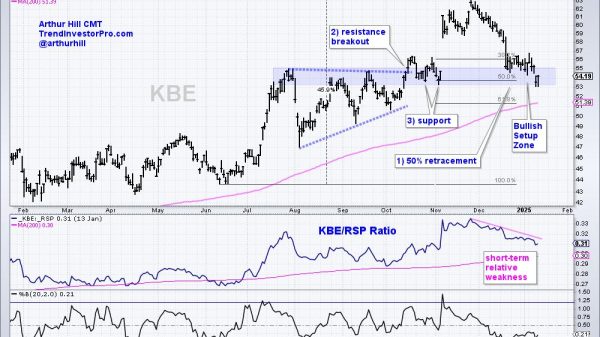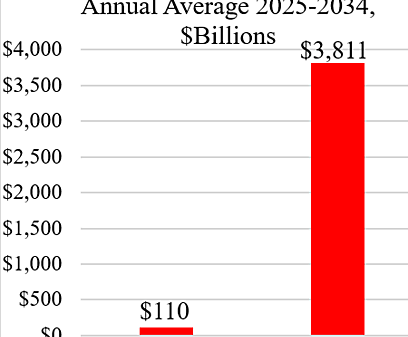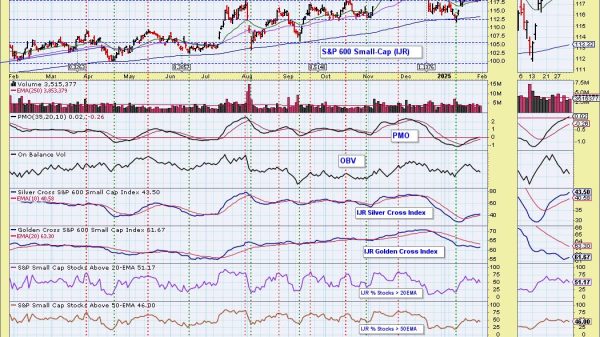
The number of female founders pitching to investors has risen by nearly half over the past decade, according to a new report from venture capital firm Fuel Ventures, offering a unique lens into the evolving face of UK entrepreneurship.
The report, compiled from ten years of pitch submissions to the firm, reveals a 45% increase in female-led startups since Fuel Ventures launched in 2014, with a particularly sharp 30% rise in the past five years alone.
With around 6,000 pitches now arriving each year — the equivalent of one every 88 minutes — the report provides an extensive data-driven overview of startup trends, from founder demographics to investor preferences and pitch timing.
Notably, 76% of successful pitches came from startups with co-founders, suggesting that collaborative leadership remains a key asset when raising early-stage capital.
While London still dominates as the most popular hub for startup activity, other UK cities are rapidly gaining ground. Birmingham has seen a 120% rise in founder activity over the decade, with Manchester close behind at 95% — a sign of the growing decentralisation of the UK startup ecosystem.
Fuel’s data also challenges the stereotype of the young tech founder, with a 35% increase in pitches from entrepreneurs over 40. The trend highlights a new wave of founders leveraging deep industry experience to launch ventures later in their careers.
As for what founders are pitching, AI is the buzzword of the moment — appearing in 86% of pitch decks reviewed in the last year, though Fuel notes that a growing proportion (20%) mention AI without featuring any real AI capability. Other frequently used terms include “disruption” (61%), “scale” (52%), “sustainability” (45%), and “pivot” (32%).
Timing, too, plays a surprising role. January and September see spikes in submissions — up 9% and 10% respectively — while decks submitted on a Tuesday were 18% more likely to lead to a follow-up than those sent on a Friday.
Fuel Ventures has seen it all — from ultra-concise three-slide pitches to sprawling 127-slide epics, though, interestingly, neither extreme secured funding.
Commenting on the findings, Fuel Ventures founder Mark Pearson said: “Every pitch deck tells a story — some better than others. We’re fortunate to have a front-row seat to the ambition, creativity and resilience of the next generation of entrepreneurs. It never gets old.”
Pearson added, with tongue in cheek: “One thing we’ve definitely learned: the team seems much sharper on a Tuesday than on a Friday afternoon. By then, I suspect their minds are already halfway to the pub!”
As Fuel Ventures celebrates a decade of backing early-stage founders, the report offers not just insights into how startups are pitching, but a broader picture of how UK entrepreneurship is evolving — more diverse, more experienced, and increasingly decentralised.
Read more:
Female founder numbers rise 45% in a decade, reveals new startup pitch data






